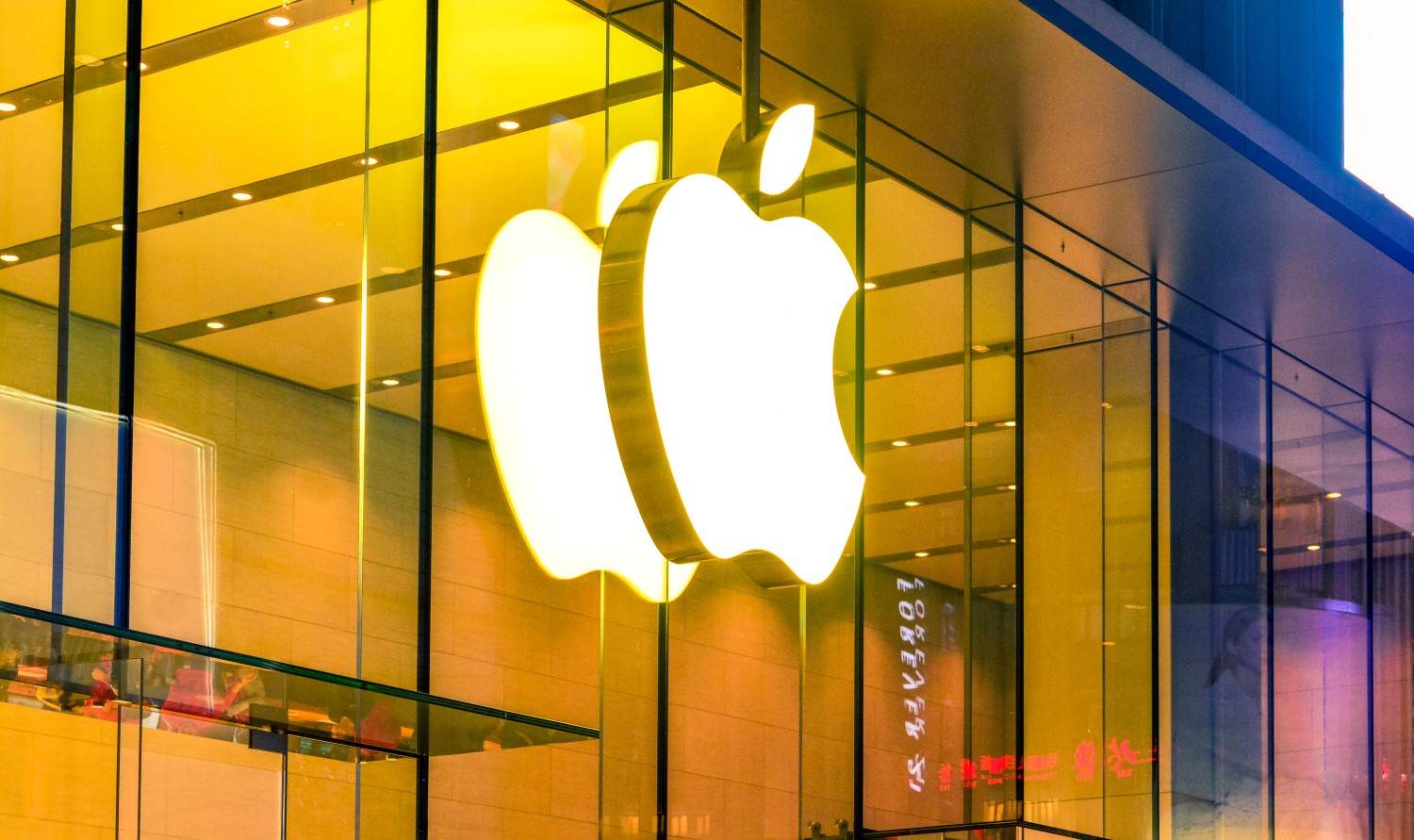Apple Opens iPhone NFC Technology to Third-Party Providers After EU Agreement
12.07.2024 12:00 1 min. read Alexander Stefanov
Apple has avoided significant European Commission fines by agreeing to open its NFC chip technology, crucial for iPhone contactless payments, to third-party providers.
This resolves an antitrust case and sidesteps potential multibillion-dollar penalties. Under a 10-year commitment, Apple will provide free APIs for third-party mobile wallet and payment services to access iPhone NFC functionality independently of Apple Pay or Apple Wallet.
These APIs include access to NFC components in Host Card Emulation (HCE) mode, which securely stores payment credentials and facilitates transactions without relying on the device’s secure element.
The agreement covers all third-party mobile wallet developers in the European Economic Area (EEA) and allows their apps to be used for payments within and outside the EEA.
Apple also commits to features like default payment app settings, FaceID authentication access, and transaction suppression.
The European Commission has made these commitments legally binding, addressing concerns about NFC access restrictions for iOS users in the EEA.
However, Apple continues to face NFC-related challenges in the US, where the Justice Department has included this issue in a broader lawsuit alleging smartphone market monopolization.
-
1
GF Securities Becomes First in Hong Kong to Issue Tokenized Securities On-Chain
27.06.2025 20:00 2 min. read -
2
Bitget Wallet Teams Up with Mastercard to Launch Crypto-Powered Payment Card
01.07.2025 16:00 2 min. read -
3
Coinbase to Launch U.S. Perpetual-Style Futures on July 21
28.06.2025 14:30 2 min. read -
4
Largest Bank in Hong Kong Explores Digital HKDollar in new project
10.07.2025 21:00 2 min. read -
5
Dubai Approves First Tokenized Money Market Fund
08.07.2025 20:30 1 min. read
Binance Introduces First Bonding Curve-based Token Launch With Four.Meme Collaboration
Binance has unveiled an innovative Token Generation Event (TGE) model powered by a bonding curve pricing mechanism, launching exclusively through Binance Wallet in collaboration with meme-centric project Four.Meme.
Largest Bank in Hong Kong Explores Digital HKDollar in new project
HSBC took a major step in digital currency innovation by concluding experimental trials under the HKMA’s Project e-HKD+.
Alibaba Founder-Backed Ant Group to Integrate USDC Stablecoin
Ant Group’s international arm, backed by Alibaba founder Jack Ma, is preparing to integrate Circle’s USDC stablecoin into its proprietary blockchain payment network.
Emirates to Integrate Crypto.com Pay in 2025: A New Era of Airline Payments
Emirates Airline has taken a bold step toward embracing digital finance by signing a Memorandum of Understanding (MoU) with leading cryptocurrency platform Crypto.com.
-
1
GF Securities Becomes First in Hong Kong to Issue Tokenized Securities On-Chain
27.06.2025 20:00 2 min. read -
2
Bitget Wallet Teams Up with Mastercard to Launch Crypto-Powered Payment Card
01.07.2025 16:00 2 min. read -
3
Coinbase to Launch U.S. Perpetual-Style Futures on July 21
28.06.2025 14:30 2 min. read -
4
Largest Bank in Hong Kong Explores Digital HKDollar in new project
10.07.2025 21:00 2 min. read -
5
Dubai Approves First Tokenized Money Market Fund
08.07.2025 20:30 1 min. read


